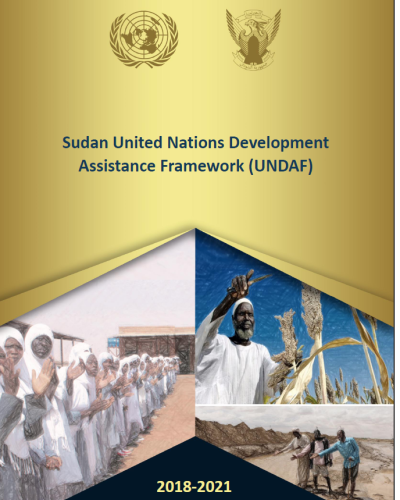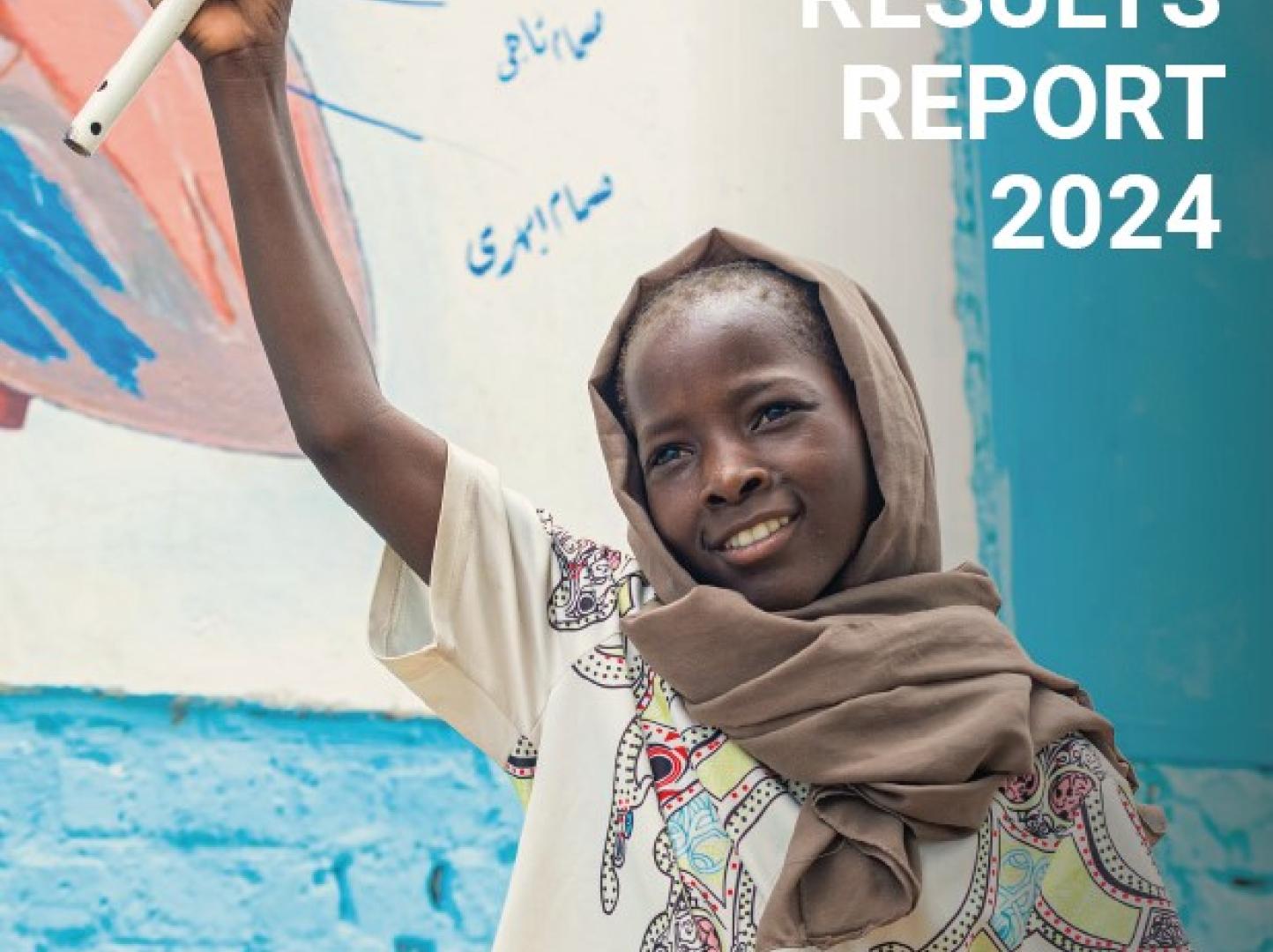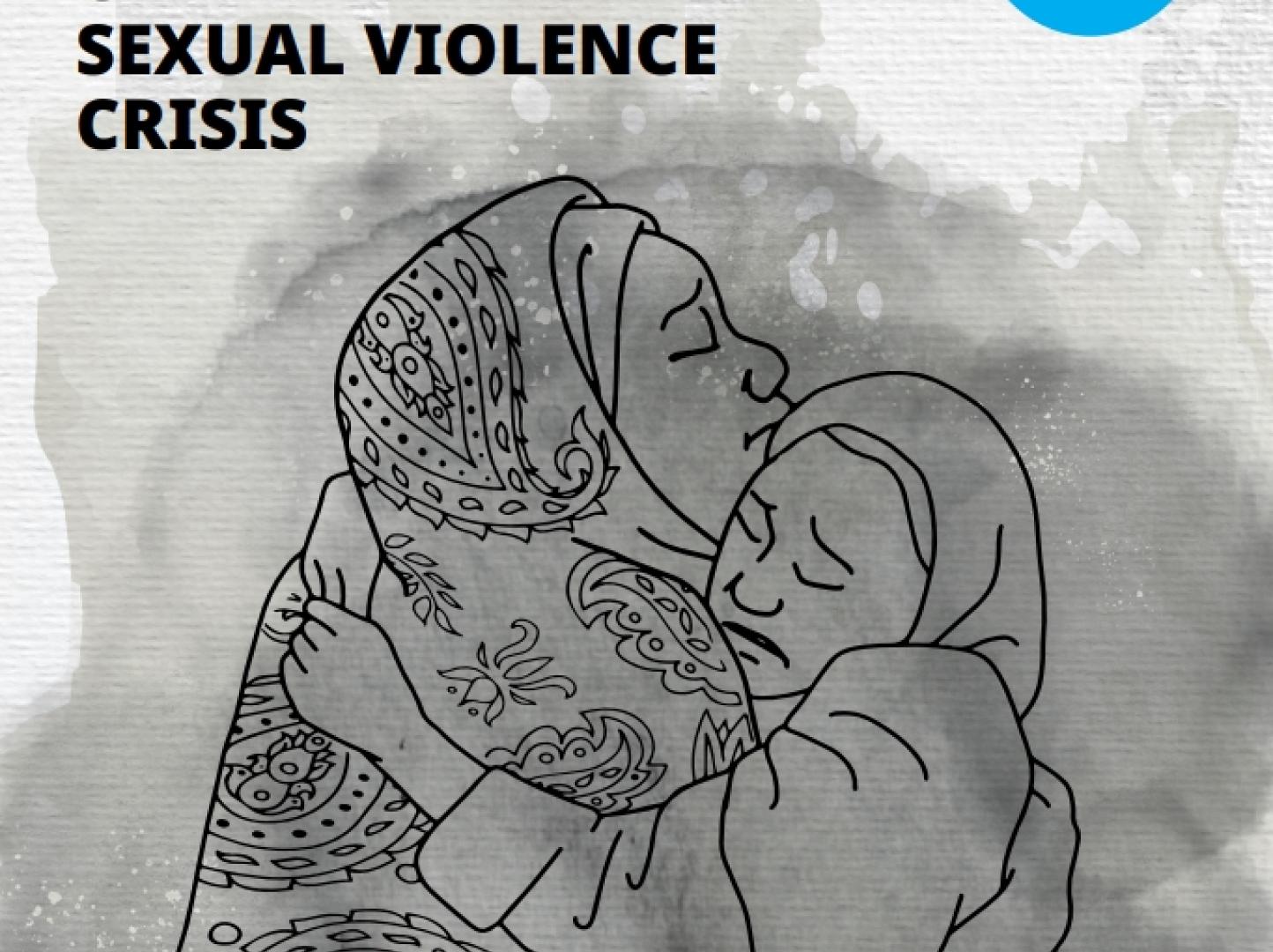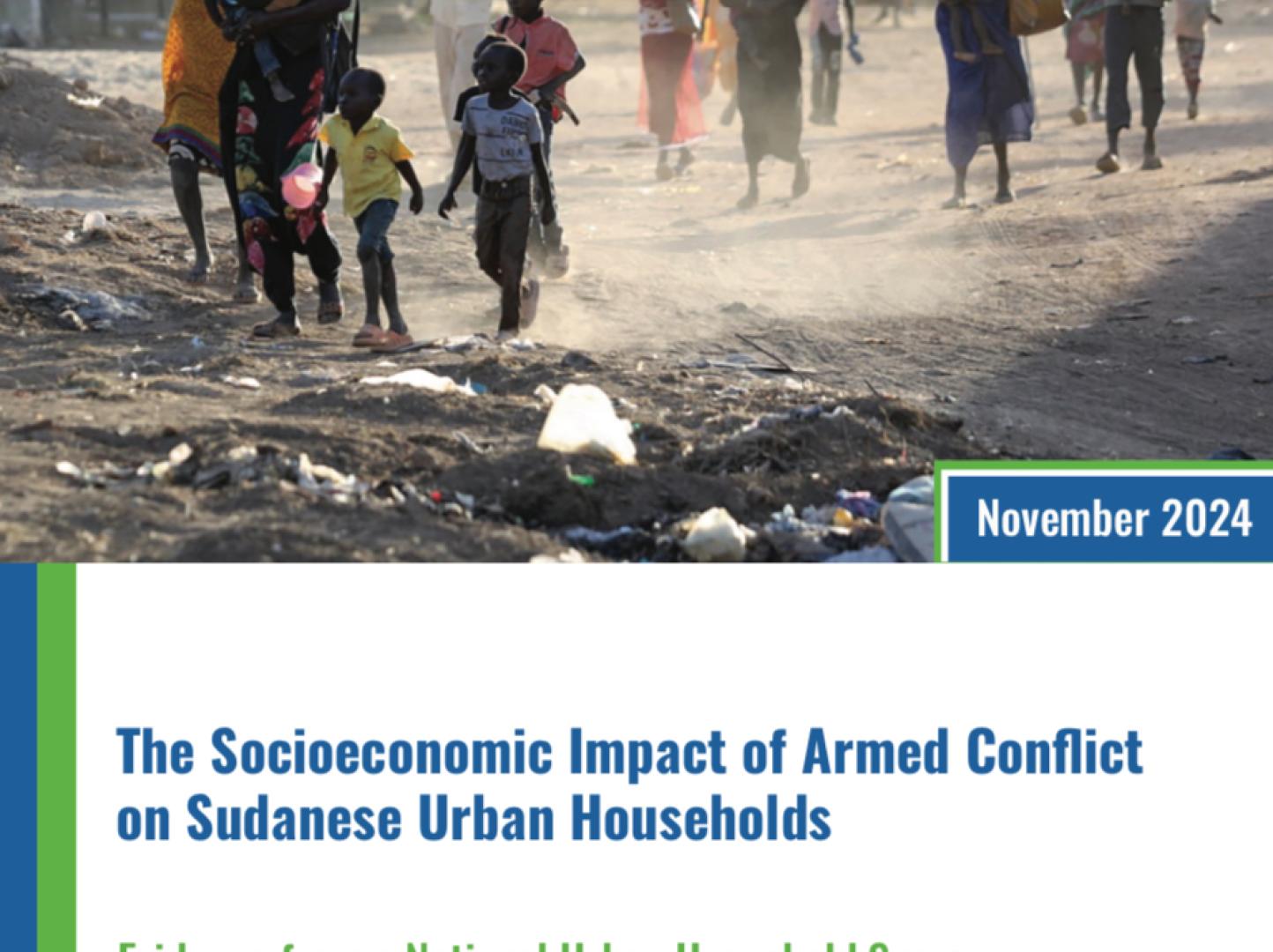The United Nations Development Assistance Framework (UNDAF) 2018-2021

The United Nations Development Assistance Framework (UNDAF) is the plan for the United Nations Country Team’s (UNCT) contribution towards national development priorities in 2018-2021 and incorporates the ambitions of the 2030 Agenda. This plan outlines how the UNCT aims to collaborate with partners during the UNDAF period on the Sustainable Development Goals (SDGs). In line with the UNDAF’s principles of national ownership, partnership, transparency and accountability, the framework has been formulated in close collaboration between the UNCT, the Government of Sudan and civil society, ensuring it is closely aligned to the national development agenda. This third UNDAF for Sudan serves as the integrated strategic planning framework for UN development programming and will guide agency-specific programmes in the country to ensure greater coherence and results orientation in the development work of the UN, thus leading to better development outcomes. The UNDAF will employ adequate development programmes where and when possible to strengthen the humanitarian-development nexus and ensure that priority is given to the people in the most vulnerable situations.
In May 2016, a strategic prioritization retreat served as the forum for federal- and state-level government, civil society and UN partners to review government development priorities and main development challenges in Sudan as identified in the Common Country Analysis, along with the results of a small perceptions survey on the UN’s comparative advantage. Five interlinked UNDAF focus areas were identified at the retreat for UN development collaboration in 2018-2021: (i) economic development and poverty reduction; (ii) environment, climate resilience and disaster risk management; (iii) social services; (iv) governance, rule of law and institutional capacity development; and (v) community stabilization. Government-UN thematic groups were formed around each focus area and each engaged in an inclusive, participatory process to refine and reach consensus on the five UNDAF outcomes, theory of change and strategies that are presented in this document.
Through enhanced governance, accountability and institutional capacity at federal and state levels, the UNDAF will contribute to strengthen productivity and competitiveness, sustainable management of resources and community resilience. The UNDAF will also support the Government in its goal of creating an enabling environment to effectively and equitably deliver services. These combined efforts aim at contributing to community stabilization, poverty reduction, and overall progress towards the SDGs. To promote internationally agreed goals and international norms and standards as part of its development programming, the UN will apply the four core UN programming principles: (i) human rights, gender equality and women’s empowerment; (ii) sustainable development and resilience; (iii) leaving no one behind; and (iv) accountability.
The Sudan Joint UNDAF Steering Committee, co-chaired by the Minister of International Cooperation and the UN Resident Coordinator, will serve as the main forum for Government-UN interaction, at the strategic level, to guide the UN’s collective efforts towards development results in the country within the context of the UNDAF. Within the UN, the UN Country Team, at the heads of agency level will oversee the UNDAF strategic direction and implementation. In addition to coordinating implementation, the Programme Management Team will lead the UNDAF review, reporting and evaluation processes, in collaboration with the Ministry of International Cooperation. Inter-agency Results Groups will meet periodically and serve as the main forum for joint planning and coordination for implementation of UNDAF activities within each focus area, and will develop annual/bi-annual work plans detailing the outputs, output indicators and key activities under each outcome. The UN Communications Working Group will publicize UNDAF achievements and overall contributions to the SDGs, and complement programme implementation by advocating for issues addressed in the UNDAF.
The UNDAF document includes eight section and four annexes: 1. UNDAF Development Context; 2. UNDAF Results; 3. Assumptions and Risks; 4. UN Initiatives outside the UNDAF Results Matrix; 5. UNDAF Resource Requirement; 6. UN Coordination and Implementation Arrangements for the UNDAF; 7. Monitoring and Evaluation; 8. Communications; Annex A. UNDAF Results Matrix; Annex B. Medium-Term Common Budgetary Framework; Annex C. Legal Annex; Annex D. List of Names and Acronyms.





















